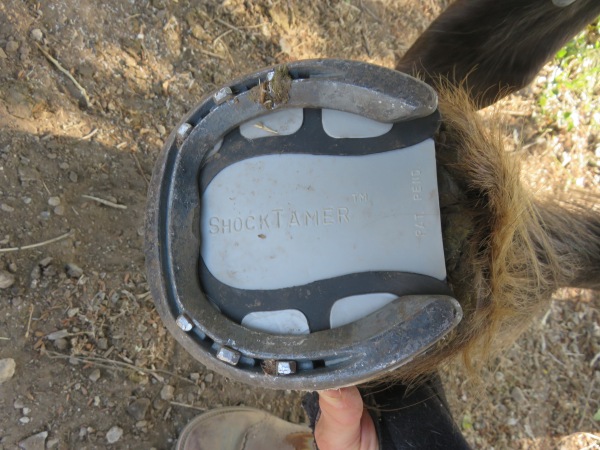How to Read Horse Body Language

Understanding horse body language is essential for building a strong bond with these majestic animals. Horses communicate primarily through their body movements, facial expressions, and posture. By learning to interpret these signals, you can better respond to their needs, emotions, and intentions.
Key Aspects of Horse Body Language

| Body Part | What to Observe | What It Means |
|---|---|---|
| Ears | Position and movement | Alertness, mood, focus, or irritation |
| Eyes | Size, direction, and blinking | Fear, curiosity, relaxation |
| Tail | Position and swishing | Agitation, happiness, or discomfort |
| Head | Height and movement | Confidence, submission, or anxiety |
| Body Posture | Stance and muscle tension | Readiness, relaxation, or stress |
Common Horse Signals and Their Meanings
- Ears pinned back: Indicates anger or discomfort.
- Relaxed ears facing forward: Shows calmness and interest.
- Wide eyes with visible whites: Sign of fear or surprise.
- Swishing tail: Can mean irritation or attempts to shoo away insects.
- Lowered head: Suggests relaxation or submission.
How to Approach and Interact Safely
- Approach horses calmly and confidently.
- Avoid sudden movements or loud noises.
- Observe their body language before initiating contact.
- Use gentle touch and speak softly.
FAQ
Q: Why is it important to read horse body language?
A: It helps prevent accidents, improves communication, and strengthens the human-horse relationship.
Q: Can horses read human body language too?
A: Yes, horses are highly perceptive and can respond to human emotions and gestures.
Q: What should I do if a horse shows signs of aggression?
A: Stay calm, avoid direct eye contact, and slowly move away to a safe distance.
Conclusion
Mastering horse body language enhances safety and deepens your connection with these sensitive animals. With practice, you’ll become more attuned to their subtle cues and better equipped to meet their needs.
Would you like me to help improve the clarity, add more examples, or expand the FAQ section?
